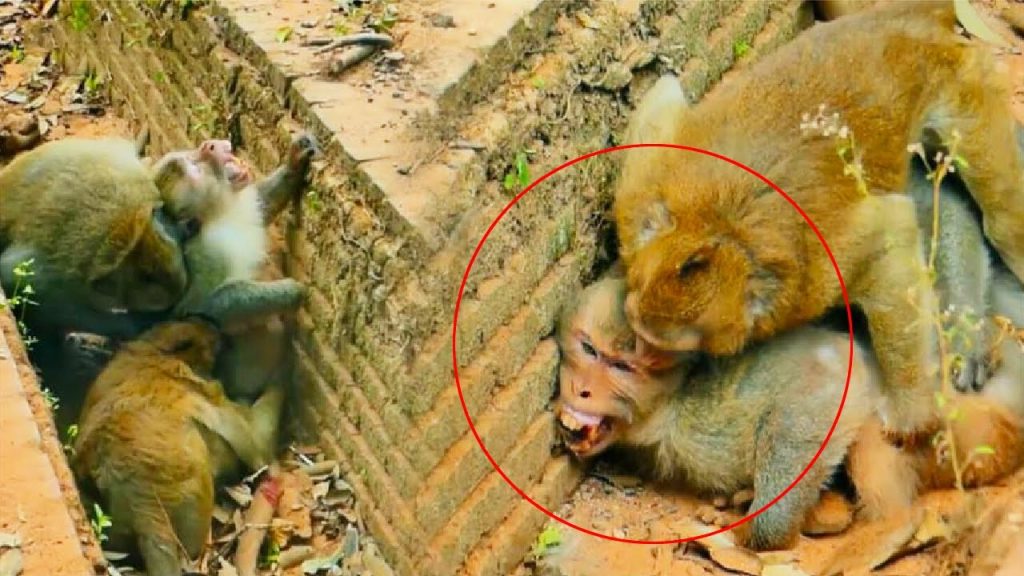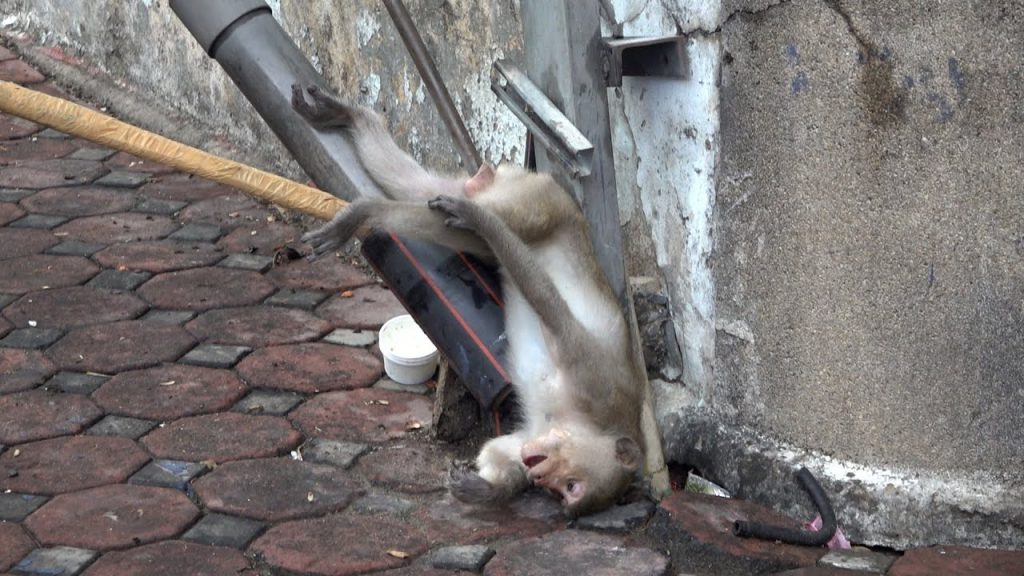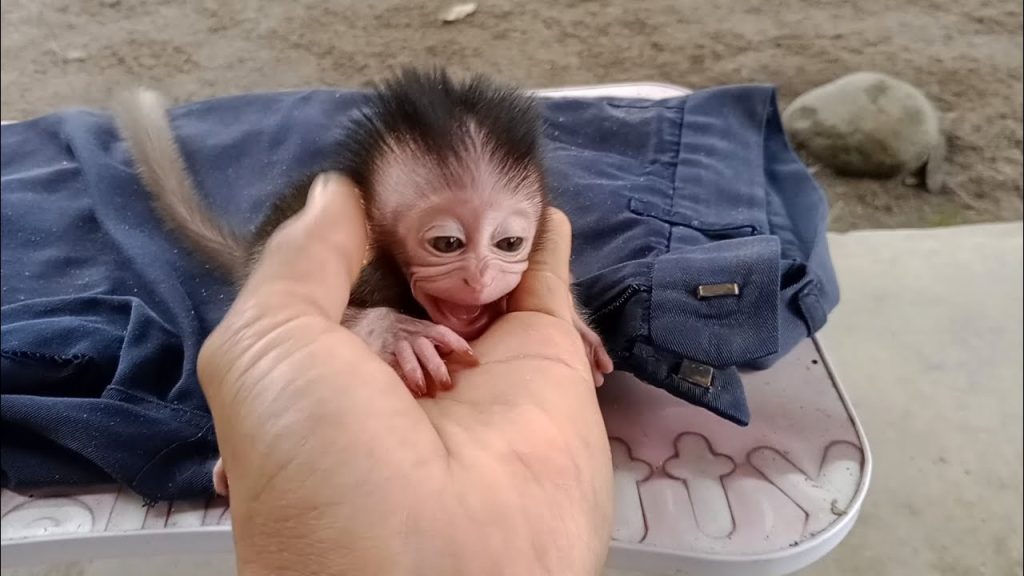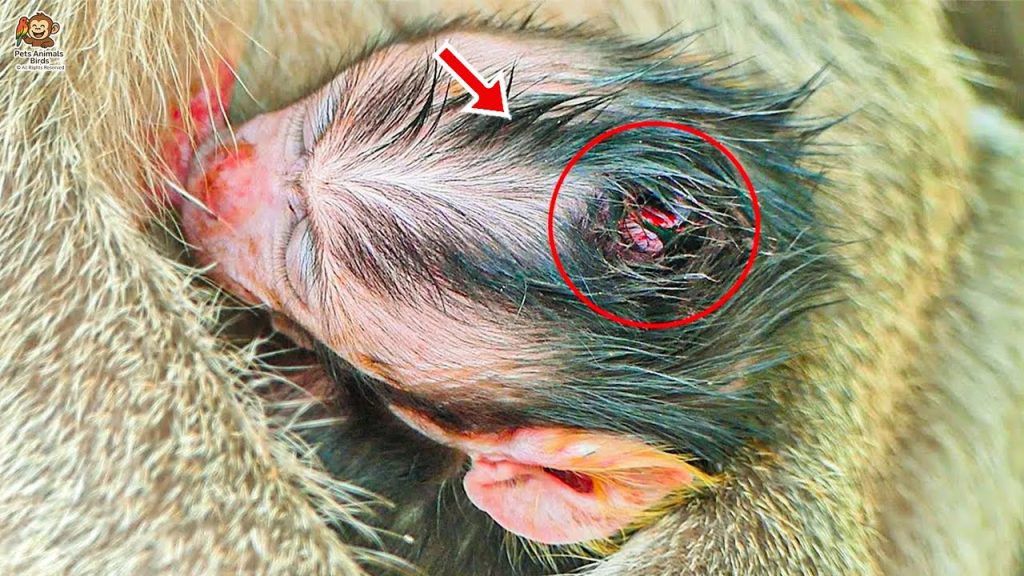
In the animal kingdom, survival often depends on strength, strategy, and social structure — and monkeys are no exception. Among various species, particularly in the wild, it’s common to witness aggressive confrontations. These aren’t random or meaningless; more often than not, monkeys fight for two vital reasons: territory and mating rights.
Territory provides safety, food, and shelter. For a monkey troop, controlling a particular area means access to fruit-bearing trees, clean water, and protection from predators. When another group tries to invade or challenge that space, conflict quickly follows. These territorial battles can be loud, intense, and sometimes violent — a show of force to establish dominance.
Equally important is the battle over mating rights. In many monkey societies, the dominant male has the exclusive right to mate with females in the group. This position is never guaranteed for life. Younger or stronger males may challenge the leader in an attempt to rise in rank. The resulting fights are often dramatic, with the victor gaining not only the status of alpha but also the privilege to father the next generation.
These power dynamics play a crucial role in maintaining the structure and health of a troop. While such battles may seem harsh, they are part of natural selection, ensuring that the strongest traits are passed on.
It’s important, however, to observe these behaviors with understanding, not judgment. What may appear cruel to human eyes is often a matter of survival and biological instinct for the animals involved. In the end, the winner does take all — until the next challenge comes.


